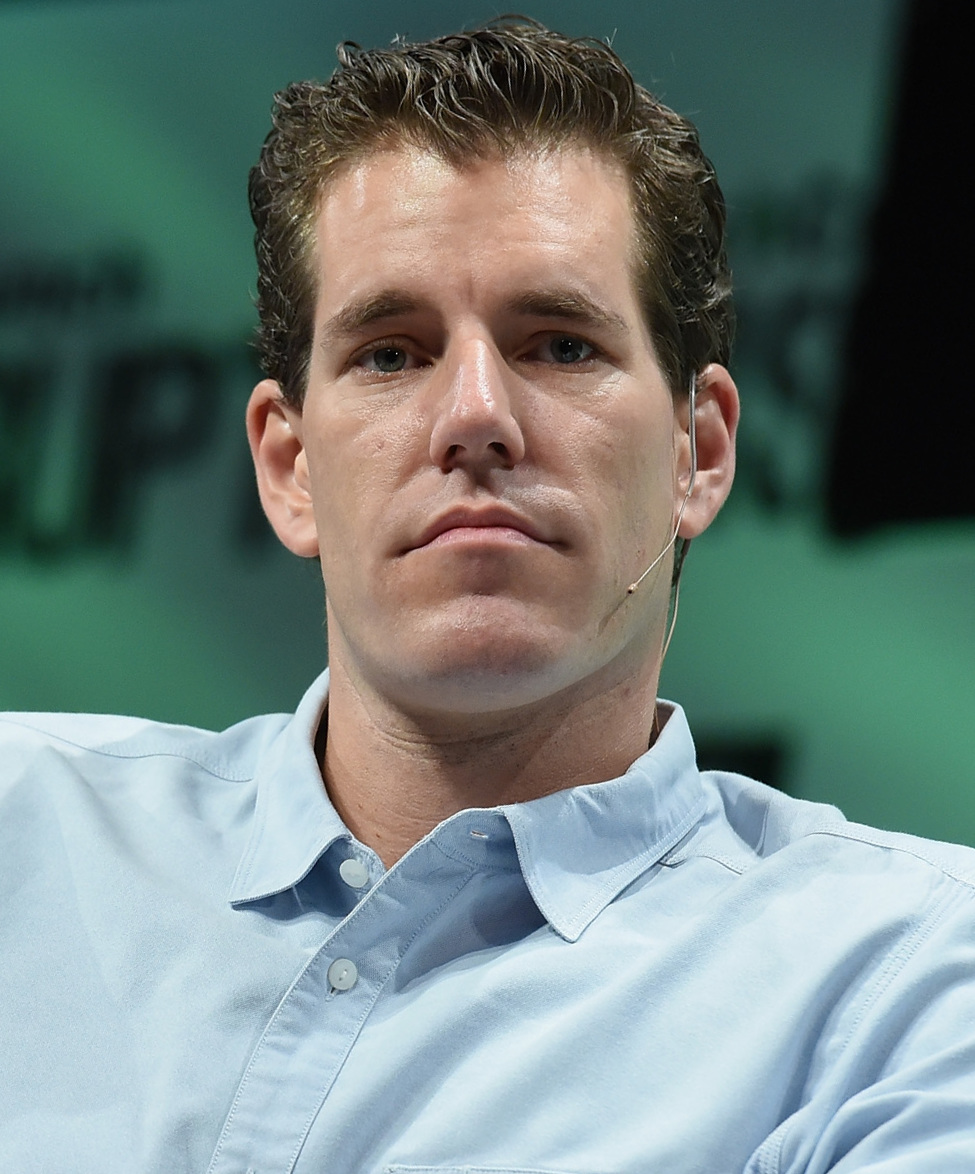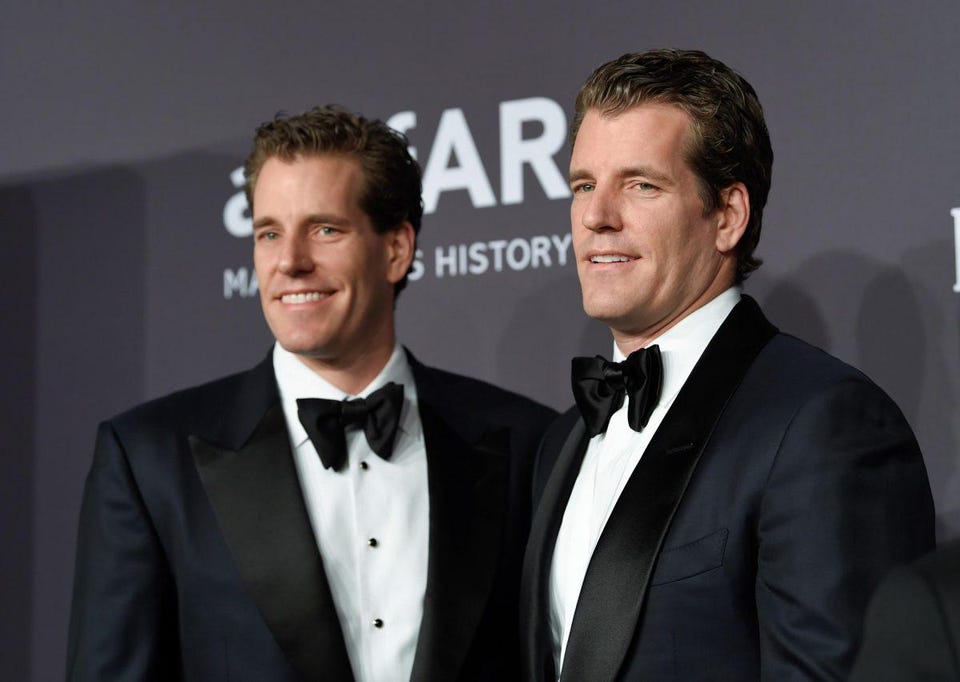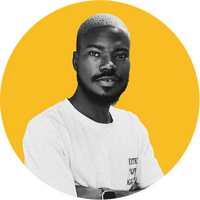
Cameron Winklevoss is today one of the leaders of Gemini, one of the biggest crypto exchanges in the United States. He’s also an essential figure in the world of cryptocurrencies.
However, a twist of fate could have put Winklevoss on another path. He could have been an Olympic medalist or even one of the founders of Facebook.
Sponsored
Cameron’s growth from a Greenwich kid to a star in the crypto world is not complete without his twin brother, Tyler. The Winklevoss twins took roughly the same path in life, and any story about one is the story of the other.
Greenwich To Harvard

Source: Wikipedia
Cameron Winklevoss was born in New York but raised in Greenwich, Connecticut. His dad, Howard Edward Winklevoss Junior, was a professor at Wharton.
As Cameron grew up, he demonstrated a pattern of teamwork with his twin brother Tyler that they would go on to display for the rest of their lives. They played musical instruments, built Legos, and generally did everything together.
Sponsored
The Winklevoss twins were quite bright too, and the brothers taught themselves HTML when they were just 13 years old. That affinity for tech would become an important ingredient in their future successes.
Cameron attended the Greenwich Country Day School before switching to Brunswick for high school. At the school, Cameron showed that he wasn’t just a tech whiz; he also had an affinity for the arts. He learned Greek and studied Latin while attending Brunswick.
One summer in 1996, when he was just 14, Cameron and his brother Tyler got interested in rowing. They got in touch with rowing club coach James Mangan, and Mangan quickly realized that the twins had a unique talent for the sport.
Mangan was a twin himself and knew that siblings had a built-in advantage in rowing. Timing and intuition are crucial to rowing success, and siblings often had no problem getting that.
Once the boys got into rowing, they became obsessed with it. Their high school didn’t have a crew program, so they founded the first one, and a year later, the school’s team achieved varsity status.
However, Cameron and his brother couldn’t stay at Brunswick forever. They had to graduate, and when they eventually did, they went to study economics at Harvard.
It was at Harvard that Cameron Winklevoss would start his first company and almost become the founder of Facebook.
Harvard and ConnectU
Cameron was a very involved student at Harvard and had many interests. He was a member of the Porcelain Club, the varsity crew, and the Hasty Pudding Club. The Porcelain Club and the Hasty Pudding Club are two social clubs for undergraduates at Harvard.
After two years at Harvard, Cameron and his brother, alongside a classmate Divya Narendra came up with an idea for a website. They sought to connect better with other students from Harvard and other universities and believed a website could be the solution.
The three of them came up with the idea for a website called Harvard Connection. The name would be changed to ConnectU down the line. Unfortunately, Cameron and Tyler didn’t have the technical expertise to build the website themselves. All they had was the idea.
The next action was to get someone to build the website. The first programmer that they got in contact with was Sanjay Mavinkurve. Mavinkurve began to build the website, but he couldn’t complete the project by the time he was to graduate. This meant that Cameron and his co-founders had to find somebody else.
The next programmer they found was Mavinkurve’s friend Victor Gao. Gao decided not to be a partner in the project and asked to be paid for his work. He charged Cameron $400, but he soon left the project. However, Gao referred another programmer to them, and the Winklevoss brothers approached him.
Mark Zuckerberg and ConnectU
The name of that programmer was Mark Zuckerberg. By the time Cameron and his co-founders approached Zuckerberg, the previous site programmers had done the bulk of the work on the ConnectU site. They’d completed the registration, the database system, and backend coding.
They needed a programmer to tie up all these parts together and create a working project. When Cameron, Tyler, and Divya approached Mark, he allegedly entered into a verbal contract with them. He became a partner in the venture and was given the unfinished ConnectU website and code. During the meeting, Zuckerberg allegedly chose to be compensated through sweat equity.
When Zuckerberg started working on the site, he emailed Cameron and told him that he expected the website development to be easy. But that was just the beginning of ConnectU’s trouble with Zuckerberg.
Over the next few weeks, Zuck gave the ConnectU team myriad excuses about why the site was not functional. At every turn, he confirmed to Cameron and the rest of the ConnectU team that he was working on the site.
A few weeks after Zuckerberg first gained access to the CinnectU site, he did something no one on the ConnectU team expected. He registered thefacebook.com as a domain name. After doing so, Zuckerberg met with the ConnectU team and mentioned nothing of it.
It wasn’t until a couple of weeks later that Cameron and the rest of the team learned of Facebook. That’s when they realized that Zuckerberg had swindled them. The ConnectU team reported the matter to the university authorities, but the authorities referred them to the courts.
Facebook Lawsuits
The lawsuits that would arise from this case lasted for over four years. The ConnectU team sued Facebook, arguing that the company had breached a verbal contract to develop ConnectU. The suit also claimed that Facebook had made use of ConnectU’s source code and idea to create TheFacebook.com.
After years of suing and countersuing, the case finally came to a head in 2008. A settlement agreement of about $65 million was reached between Facebook and the ConnecU team. The settlement included Facebook buying the ConnectU website and shutting it down.
Olympic Adventure
While the ConnectU legal team was fighting Facebook, Cameron Winklevoss focused on his original passion; rowing.
At Harvard, Cameron took rowing seriously and was coached by the legendary Henry Parker. In his last year at Harvard, he helped the varsity team win the Intercollegiate Rowing Association Championship, the Harvard–Yale Regatta, and the Eastern Sprints. That season the team also went undefeated.
That same year, Cameron and his brother traveled to Switzerland to compete in the Lucerne Rowing World Cup. They came 6th in the grand finals of the competition.
In 2007, Cameron Winklevoss was named a part of the United States Pan-American team in Brazil. He won a silver and gold medal at the tournament. But Cameron wasn’t satisfied. His eyes were set on the 2008 Olympics, and he was determined to make it there.
In 2008, he was named part of the U.S. Olympic Team and rowed with his brother at the men’s coxless pair event. They advanced to the finals but eventually failed to finish in a medaled position. They ultimately finished sixth among fourteen teams.
Finance And Crypto

Source: Forbes
After making it to the Olympic finals, Cameron and Tyler Winklevoss set their eyes on another goal; finance. In 2012, Cameron and Tyler founded Winklevoss Capital Management, a firm that invests across multiple asset classes emphasizing early-stage startups.
Cameron and Tyler revealed they owned approximately 1% of all Bitcoin that same year. This was worth about $11 million at the time. Cameron had gone from almost building Facebook to being the toast of the crypto world. When the Winklevoss brothers announced their Bitcoin stash, they were the first large-scale holders of Bitcoin to come out of anonymity.
The next year, Cameron and his brother founded Gemini, a cryptocurrency exchange. The website for Gemini appeared in 2015, and the next year Andrew Cuomo, the governor of New York, approved Gemini as the first licensed Ethereum exchange in the United States.
On the Flipside
- The new SEC case Gemini faces because of its business arrangement with Genesis may prove disastrous for the company.
Why You Should Care
Cameron Winklevoss is one of the most significant personalities in crypto. He’s contributed positively to crypto acceptance in the United States, and it’s important to understand his background and story.
